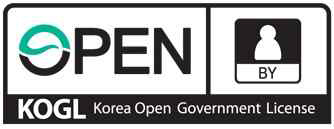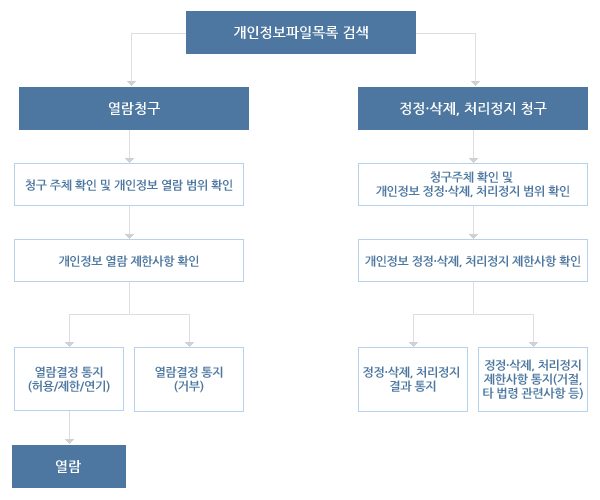Plenary Results
Plenary passes 130 bills at the 1st meeting of the 411th extraordinary session
- Apr 25, 2024
- 30
Plenary passes 130 bills at the 1st meeting of the 411th extraordinary session
- To enable debtors with up to KRW 50 million in debt to pay overdue interest only on the overdue portion of debts, not the entire
loan balance
- To prohibit the production, editing, dissemination, screening, and posting of deepfake videos for election campaign purposes
starting 90 days before the election until the election day
- To shape an ecosystem where advanced industries can foster, utilize and manage talented personnel
- To impose obligations on facilities-based telecom business operators to ensure stable telecom services
- To restrict persons with criminal records for sexual and/or violent crimes from becoming delivery service agents
The National Assembly of the Republic of Korea (Speaker: Kim Jin-pyo) passed 138 agenda items, including 130 bills, at the first plenary meeting of the 411th extraordinary session held on December 20, 2023. Major bills tabled for consideration are as follows:
<1> Act on Management of Individual Financial Debts and Protection of Individual Debtors*
The approved bill to enact the Act aims to reduce the burden of late-payment interest on vulnerable borrowers to help them repay debts.
In cases in which individual debtors default on financial debts of up to KRW 50 million and thus shall repay their debts before maturity, credit finance companies are permitted to receive interest on the defaulted portion only, not the entire loan balance.
The Act shall be applied to newly concluded agreements after going into effect (nine months after promulgation), as well as to renewed and extended credit agreements.
When collecting debts or entrusting debt collection, prior notification of collection is required, and making contact with the debtor more than seven times per seven-day period is prohibited. A direct debt settlement system is also being introduced to allow individual debtors and credit finance companies to proactively conduct debt settlement.
<2> Amendment to the Public Official Election Act
The amendment prohibits the production, editing, dissemination, screening, and posting of deepfake (a technology that uses artificial intelligence to create or modify images of fake events) videos for election campaign purposes beginning 90 days prior to an election. Any violation of this shall be subject to imprisonment for up to seven years or a fine of up to KRW 50 million.
When producing, editing, disseminating, screening, and posting a deepfake video for election campaign purposes outside of the above-mentioned period, the fact that it is fake information shall be marked on the video, etc., as prescribed by National Election Commission Regulations. Any violation of this is subject to an administrative fine of up to KRW 10 million, and any person who publishes false information in violation of the duty of indication shall be subject to aggravated punishment.
Any preliminary candidate shall be allowed to wear, possess, and distribute shoulder belts or marks indicating that they are a preliminary candidate for conducting an election campaign.
<3> Special Act on Talent Innovation in Advanced Industries*
The approved Special Act aims to create an ecosystem where advanced industries can actively foster, utilize, and manage talented personnel.
The Special Act provides the basis for the operation of lifelong educational institutions in the form of in-house graduate schools operated by companies, while allowing them to designate or establish corporate talent development institutions, advanced industry academies, and centers for talent innovation.
To promote the training of talented female and younger personnel, central and local governments shall be permitted to operate internship programs, provide employment information and job support projects through administrative and financial support, and assist small- and mid-sized companies in advanced industries with securing talented personnel.
<4> Amendment to the Telecommunications Business Act
The amended Act imposes obligations on facilities-based telecommunications business operators to make endeavors to ensure service stability. This is part of follow-up legislative action to underscore the importance of national facilities-based telecommunications networks, in the wake of KT’s massive network outage of October 2021 that caused chaos to businesses and individuals.
Mandatory wholesale provision of telecommunications services (a facilities-based telecommunications business operator shall provide wholesale services by concluding an agreement at the request of other telecommunications business operators that intend to re-sell telecommunications services) is extended to promote competition in the telecommunications services industry. Pre-regulation of guidelines for price calculation shall be valid for one year, and shall then be changed to post-regulation.
The term “communications data” shall be revised to “communications users’ information,” and an investigative agency shall be required to notify users that it has received communications users’ information.
<5> Amendment to the Last-Mile Logistics Industry Development Act
The amended "Last-Mile Logistics Industry Development Act" restricts individuals with criminal records for sexual or/and violent crimes from becoming small-package delivery agent service workers (delivery agent drivers). Small package delivery agent service providers or their business offices are required to request police inquiries into the criminal records of workers, with the workers’ consent, before entering into any labor contract. If the service providers or offices discover reasons to restrict hiring, they shall not enter into a contract or terminate the agreement.
Those who fail to confirm criminal records or do not terminate said contract may be subject to an administrative fine of up to KRW 5 million.
The amendment is expected to improve the fairness in connection to similar provisions in the "Trucking Transport Business Act" regarding drivers for door-to-door delivery services while reassuring consumers about the use of delivery services.
* English translation of the original Korean titles is tentative.


